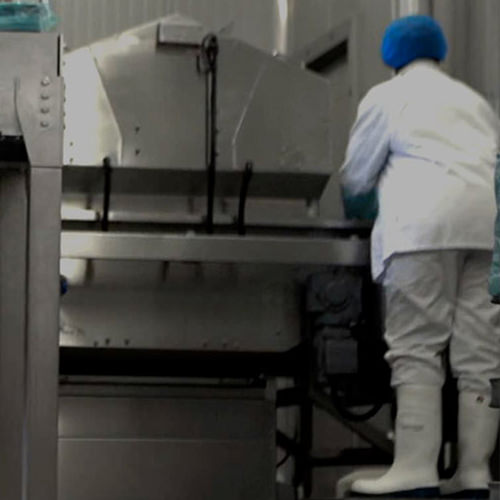Objective
Interpret the requirements established by FDA-FSMA, GFSI, PAS 96 AND ORGANIZATION ON FOOD FRAUD for the development and implementation of a program for a correct vulnerability assessment (VACCP) and a mitigation plan at the time of an economically motivated adulteration (fraud ) to food and that may affect the health of the consumer.
Agenda
-Economically Motivated Adulteration
-Objectives / Scope / Application – Videos
-Differences with Food Defense
-Definitions
-FDA-FSMA regulation
-FDA Food Safety Modernization Act 111-353 (FSMA)
-SEC 106. Prevention against intentional adulteration
-SEC 103. Risk Based Preventive Controls Rule
-Role of the Global Food Safety Initiative (GFSI)
-Importance in the food industry – Includes Videos
-Roles and responsibilities of the management for compliance – Includes Videos
-Potential threats in the food industry – Includes Videos
-Interpretation based on the requirements of FSSC 22000
-Additional requirement
-FSSC 22000-Audit Requirement)
-Implementation of the Food Fraud Program (Practical Session)
-Vulnerability Assessment in a Food Factory (VAFF) – “New Food Fraud Tool”
-Development of an integrated mitigation plan
-Development of the Action Plan based on the result of the evaluation
-Records Management / Audits
-The participant receives a diploma for their full attendance to the session and / or certificate after exam approval
-Proof of work skills DC-3 (STPS)
16 hours
Day 1: 9:00 am - 6:00 pm
Day 2: 9:00 am - 6:00 pm
* Consult place and date of availability



























